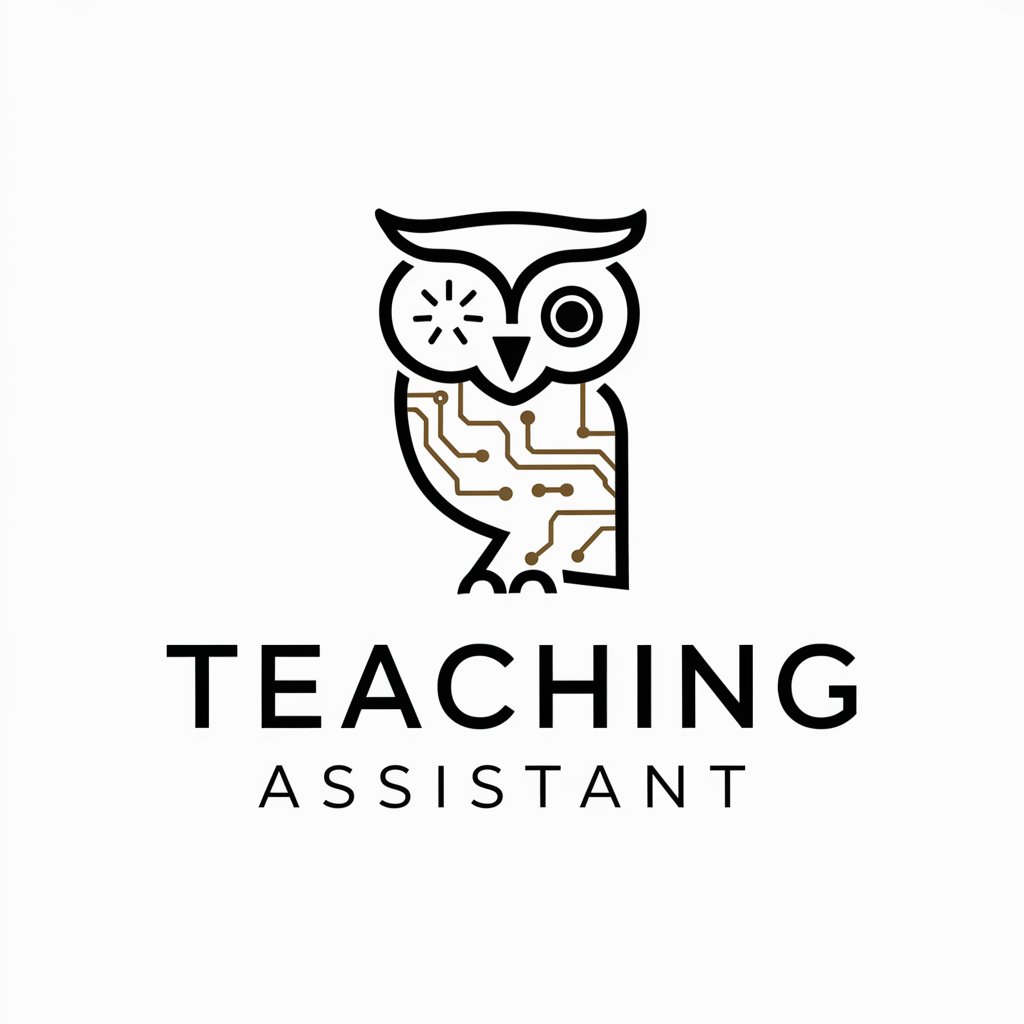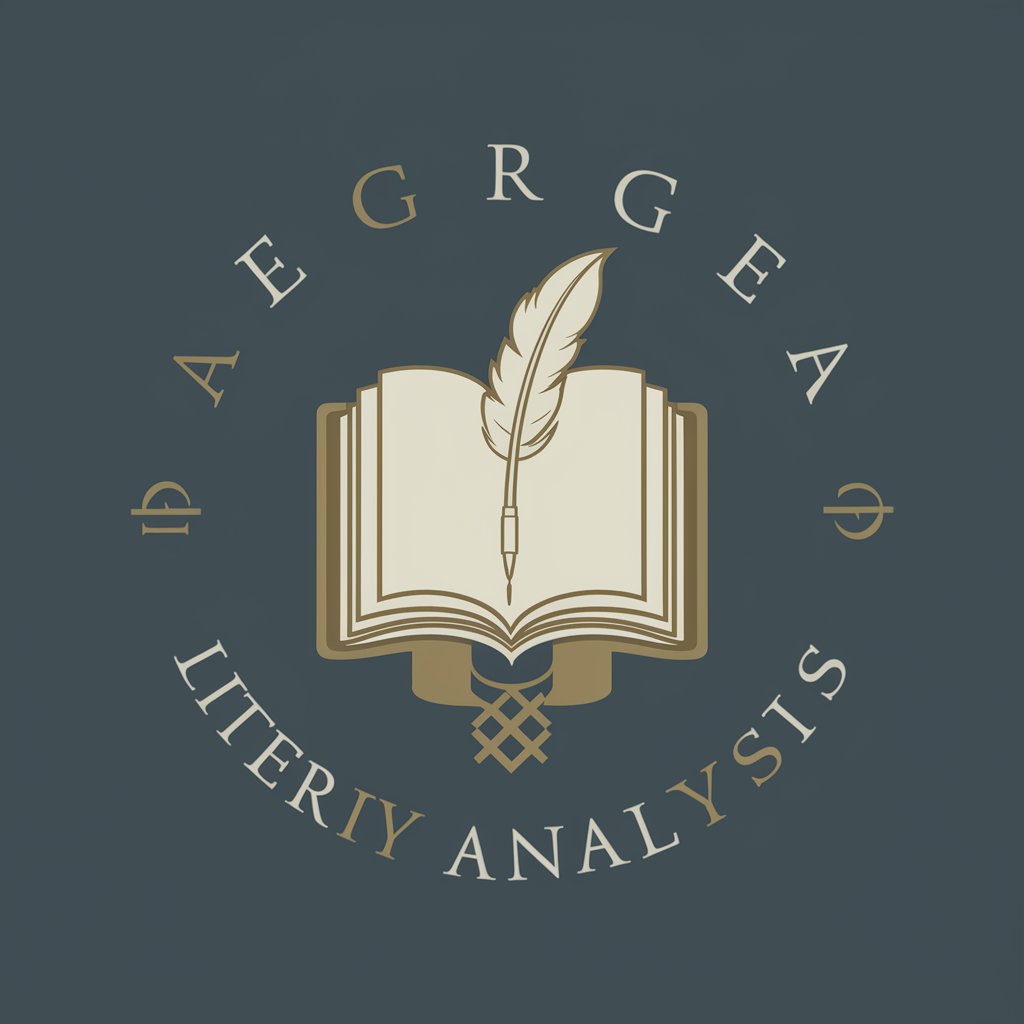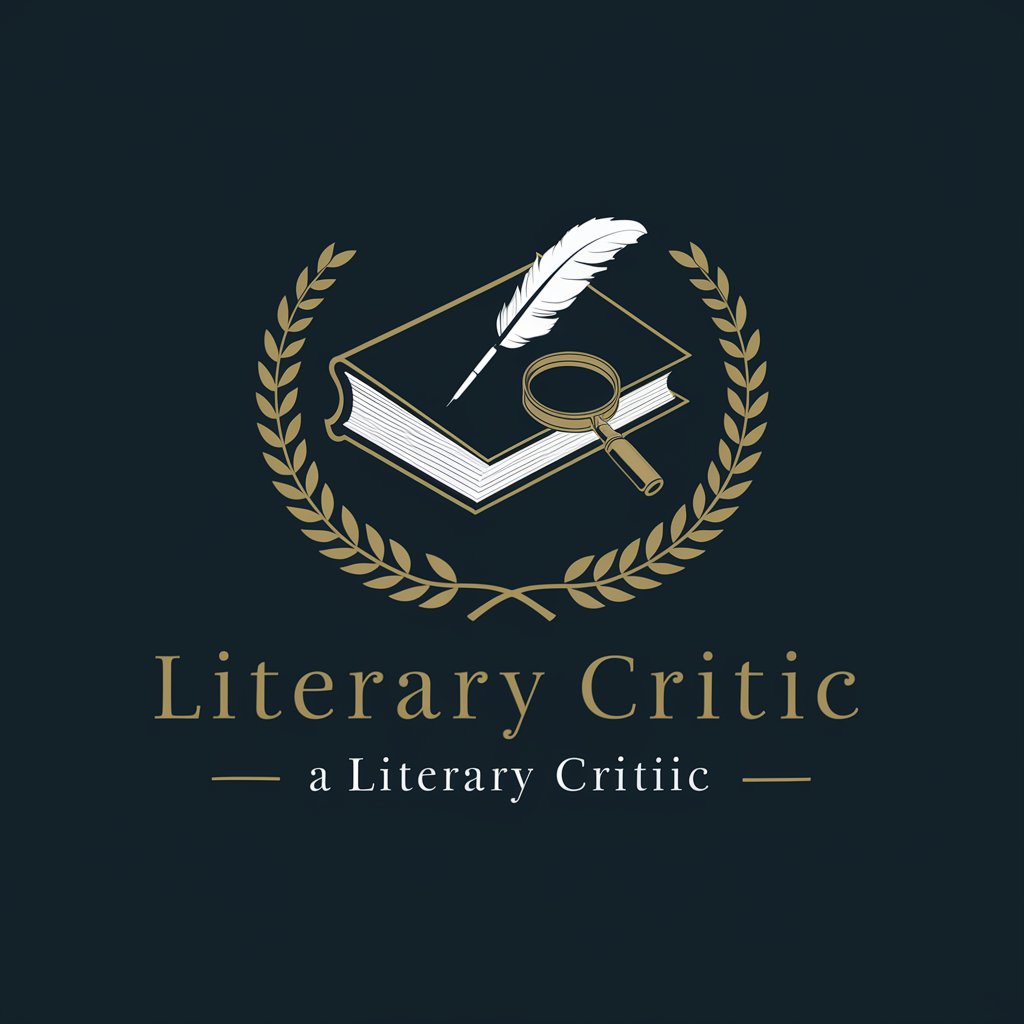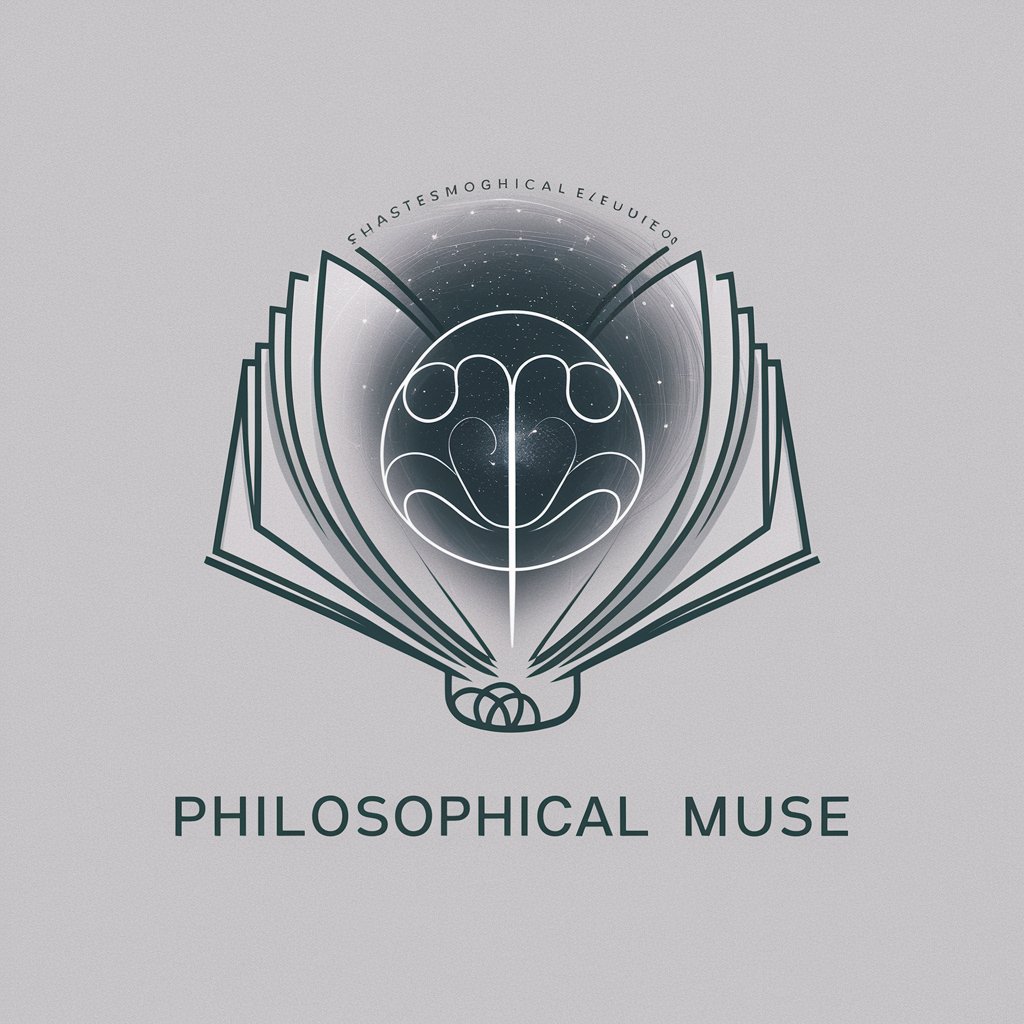
Great Books Deep Thoughts - Classic Literature Insight

Discover timeless wisdom and its relevance to today's world with Great Books Deep Thoughts.
Enlighten Your Mind with AI-Powered Literary Wisdom
Compare the societal critique in '1984' with today's digital privacy concerns.
How do the themes of power in 'Julius Caesar' apply to modern leadership?
Relate 'The Great Gatsby's' portrayal of the American Dream to current socio-economic trends.
How can 'Les Misérables' deepen our understanding of contemporary social justice issues?
Get Embed Code
Introduction to Great Books Deep Thoughts
Great Books Deep Thoughts is designed to engage users in meaningful discussions and reflections on the wisdom encapsulated within great literary works, connecting these timeless themes to contemporary life and issues. It serves as a bridge between the vast world of classical literature and modern-day experiences, offering users a platform to explore, reflect, and gain insights from the rich tapestry of human thought and culture documented in great books. By providing historical and cultural context, Great Books Deep Thoughts makes literature more relatable, insightful, and accessible, fostering a deeper understanding of how past ideas continue to shape our present and future. An example scenario includes a user seeking to understand the relevance of Plato's 'Republic' in today's political discourse, where Great Books Deep Thoughts would facilitate a discussion around Plato's ideas on justice and governance, drawing parallels to current political systems and debates. Powered by ChatGPT-4o。

Main Functions of Great Books Deep Thoughts
Facilitating Literature Exploration
Example
Exploring the themes of freedom and determinism in 'Moby Dick' by Herman Melville.
Scenario
A user curious about existential themes in literature is guided through 'Moby Dick', discussing how Melville's narrative addresses human agency within the confines of fate, and connecting these ideas to contemporary discussions on free will and determinism.
Providing Historical and Cultural Context
Example
Understanding the societal impact of Jane Austen's 'Pride and Prejudice'.
Scenario
A user exploring the role of women in early 19th-century England is provided with an analysis of 'Pride and Prejudice', highlighting how Austen critiques social norms and class distinctions of her time, offering insights into the evolution of feminist thought.
Drawing Parallels to Contemporary Issues
Example
Comparing the ethical dilemmas in 'The Brothers Karamazov' by Fyodor Dostoevsky to modern ethical debates.
Scenario
A user interested in moral philosophy is led through a discussion on the ethical quandaries faced by characters in 'The Brothers Karamazov', relating these to current debates on morality, ethics in leadership, and personal responsibility.
Ideal Users of Great Books Deep Thoughts Services
Students and Educators
Students studying literature, philosophy, or humanities, and educators teaching these subjects, will find Great Books Deep Thoughts invaluable for gaining deeper insights, fostering classroom discussions, and connecting curriculum topics to broader societal issues.
Lifelong Learners
Individuals with a passion for continuous learning, especially those interested in exploring philosophical, ethical, and cultural issues through literature, will benefit from the platform's ability to make complex ideas accessible and relevant to everyday life.
Book Clubs and Discussion Groups
Book clubs looking to deepen their understanding of literature and explore the broader implications of the works they read will find Great Books Deep Thoughts a rich resource for stimulating discussion and enhancing their reading experience.

Guidelines for Utilizing Great Books Deep Thoughts
1
Begin by accessing yeschat.ai for a complimentary trial, where no login or ChatGPT Plus subscription is required.
2
Identify a specific literary work or theme you're interested in exploring. Great Books Deep Thoughts covers a wide range of classic literature and philosophical themes.
3
Pose your question or topic of interest related to the chosen work or theme. Be as specific as possible to ensure a focused and relevant response.
4
Engage in a deeper conversation by asking follow-up questions or requesting further analysis on the insights provided.
5
Utilize the provided information to enrich your understanding of the text, draw connections to contemporary issues, or inspire your own creative or academic projects.
Try other advanced and practical GPTs
Amazon Listing Maestro
Crafting Engaging Amazon Listings with AI Precision

Teaching Assistant
Empowering educators with AI-driven insights

Real-time Crypto Analyzer
Empowering Decisions with AI-Driven Crypto Insights

Design Assistant by Mojju
Empowering Creativity with AI

Day Planner GPT
Your AI-Powered Day Architect

Interview Coach Plus
AI-powered Custom Interview Preparation

X-Exhibition Image Generator(EIG)
Bringing Exhibitions to Life with AI

Guru
Unlock Google's potential with AI-powered guidance.

English Language Echoes
Seamless translation, powered by AI

Demo: Sketch Master
Unleash creativity with AI-powered comedy

Quoth, The Raven
Unleash creativity with AI-powered poetic insight.

Domain Creator
Inventive AI-Powered Domain Naming

Frequently Asked Questions about Great Books Deep Thoughts
What types of literature does Great Books Deep Thoughts cover?
Great Books Deep Thoughts encompasses a broad spectrum of classic literature, including works from the Western canon, such as those by Homer, Shakespeare, and Dante, as well as philosophical texts by Plato, Aristotle, and more contemporary authors.
Can Great Books Deep Thoughts help with academic assignments?
Yes, it can assist in understanding complex literary and philosophical concepts, providing analysis and context for essays or research projects.
Is this tool suitable for casual learning or is it more academically inclined?
While Great Books Deep Thoughts is academically robust, it's designed to cater to both serious scholars and casual learners interested in exploring classic literature and philosophy.
How does Great Books Deep Thoughts incorporate AI?
The tool leverages AI to analyze texts, generate insights, and engage users in in-depth discussions about literary works and philosophical themes.
Can Great Books Deep Thoughts suggest related literature based on my interests?
Yes, based on your discussions and inquiries, it can recommend related texts and themes for further exploration.





